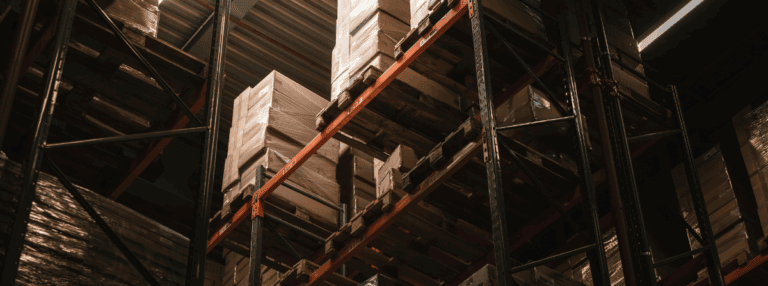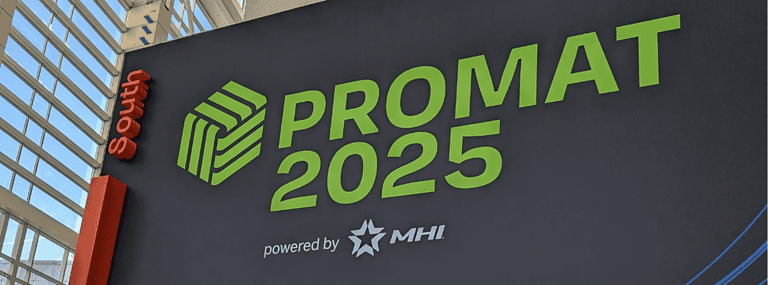6 Reasons to Convert from Propane to Electric
Over the past year, propane prices skyrocketed: a 60% increase in the U.S., 296% in Canada[1] and even 300% in Europe.[2] This price surge impacted the supply chain bottom line and pushed the material handling industry to convert their fleet from propane to electric across the world.
Contrary to popular belief, this transition goes smoothly since electric forklifts can deliver similar power results to propane and achieve better ROI. Let’s dig deeper with five reasons why this shift happens.
- Energy costs
- Environment and safety
- Maintenance costs
- Industry trends
- Consistent power
- Simplicity
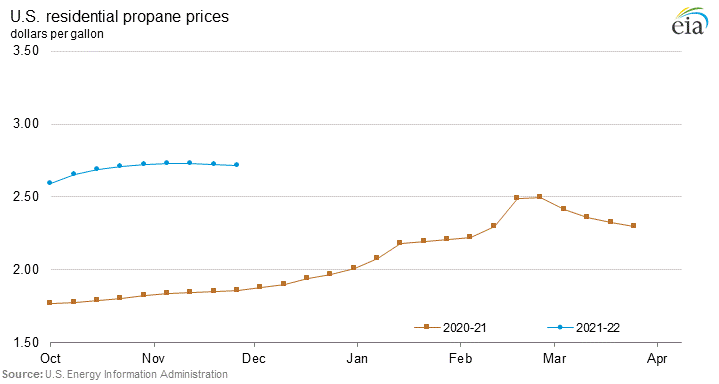
Energy Cost
The bottom line always drives businesses in the long run and price instability is not good for business. Propane’s skyrocketing price in the past year, reaching an average increase of 60% in the U.S. and even higher in Europe and Canada, is the main cause.
This upward trend is just the start and as a by-product of natural gas, its price is linked to natural gas and LNG. Several countries – the U.S., Australia, Qatar, Argentina, among others – have bountiful natural gas reserves. Yet producing and getting additional LNG to market as LNG takes a long time, because of the extraordinary cost of building new liquefaction and gasification facilities. On top of this, many countries are eliminating oil and coal plants, turning them into natural gas plants to reduce their carbon emissions. For those reasons, the upward price pressure on propane price will continue until 2024-2025, according to S&P Global Platts.[3]
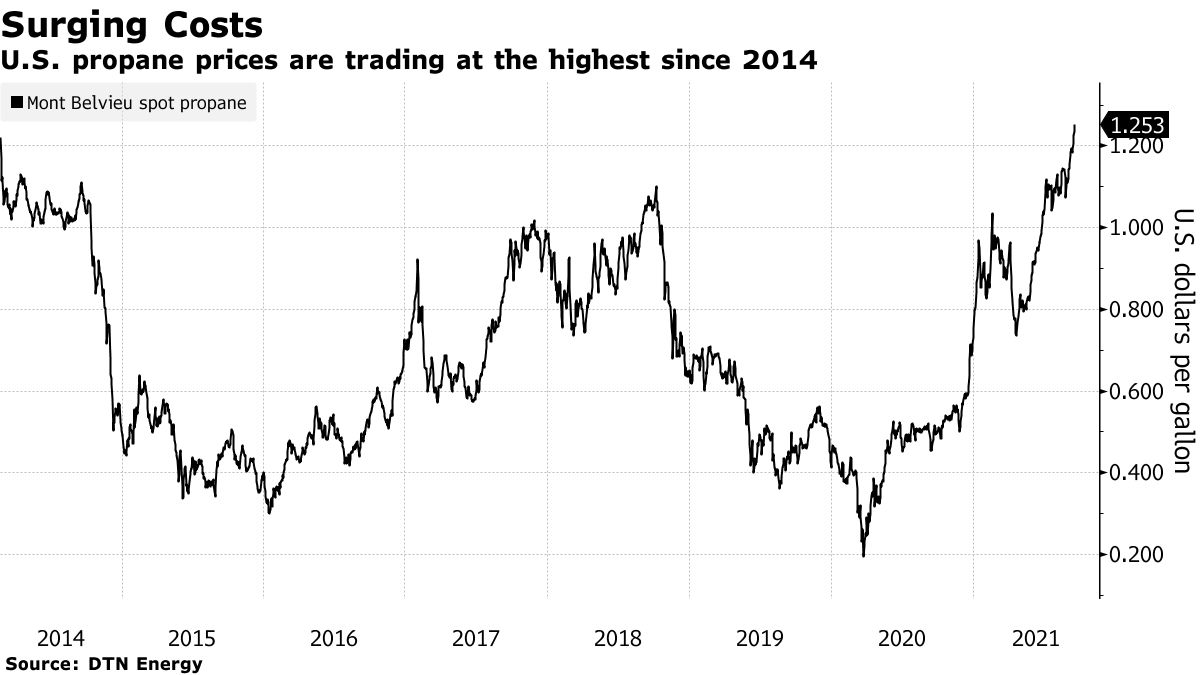
Propane price is not the only challenge, price instability is creating unneeded headaches and budget challenges. Contrary to the cost of propane going up and down, electricity had a stable price and only increased 15% over 10 years.[4] Switching to electricity means stabilizing your long-term fuel cost.
Another important cost to propane is leaks and filling. Vendors regularly do not fill the propane tank completely and you only work with a half of what you paid for. If not regularly inspected, tanks can leak and lead to a high cost of propane fuel and more tank switches.
According to a recent Electric Power Research Institute (EPRI) study, electricity significantly reduces cost of ownership over the lifetime of a forklift. So much that $.040 worth of electricity did the same amount of work as $2.50 of propane. Feel free to play with their online price calculator.[5]
Environment & Safety
According to the National Safety Council, forklifts were the source of 79 work-related deaths and 8,140 nonfatal injuries involving days away from work in 2019.[6] Staff safety is a priority for all distribution centers and many complain about propane safety. Propane gas is very flammable and is a fire hazard; that means accidents could happen inside your distribution center, can cause major disruption and even worse, an employee injury. See the many forklift propane tank accident videos on the web.
Fumes, especially in tight areas like truck trailers, is another safety concern. Some people have reported symptoms of disorientation, excitation, headache and vomiting. Oil or coolant spills, as well as potential propane tank leaks, are a constant worry for facility managers as well as employees.
Propane tanks require qualification tests every 5 or 10 years depending on the cylinder and need regular inspections. If not managed properly, air can get in and this could cause slow filling problems, regular freeze-up, improper truck operation and fading of the odorant in the cylinders. Improper mounting of the cylinder is another safety concern.
Using lithium-ion battery forklifts eliminate the propane safety and inspection concerns. If you have done a propane refilling safety training, you know exactly what types of risk we are talking about. With the lowest accident rate in the industry, lithium forklifts bring companies to the highest level of safety and sustainability.
Maintenance Cost
Have you ever looked under the hood of a propane forklift? In general, there are only around 20 moving parts in an electric engine, compared with nearly 2,000 in a propane engine, so an electric forklift will need a lot less maintenance.[7]
According to data from a recent conversion from a UgoWork client, truck downtime was high, maintenance was expensive and time-consuming for the staff. Maintenance expenses were seen as below.
| Maintenance 500H per year (oil, filter, lubrication) | $853 |
| Maintenance 2000H per year (transmission oil change) | $280 |
| Maintenance 16000H (motor and transmission change) | $25,000 |
Maintenance goes past the forklift if you have a dispensing facility on site. Depending on the state, maintenance on the dispensing facility could be expensive. It may even require a license, a Risk and Safety Management Plan, an accredited trainer, a register of training and other requirements.
Converting to lithium forklifts means bringing your maintenance cost close to zero. You can expect oil change, washer change, transmission, cleaning, licensing, and part cost to disappear.
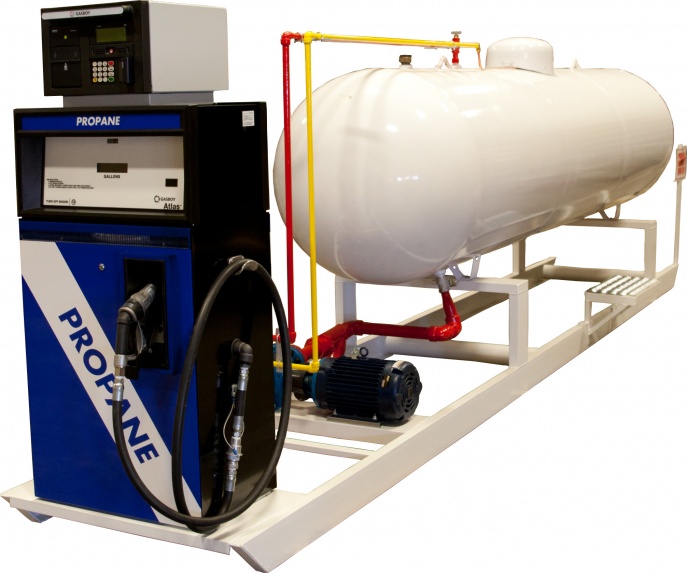
Industry Trend
Following the car industry path, the material handling industry is quickly electrifying its forklift fleet. During the last 20 years, battery-powered forklifts technology improved and became the dominant market offering. Now, over 64% of forklifts sold in North America are electric.[8] Propane-powered forklifts are no longer the only ones providing longer-lasting, more effective power.
This trend further accentuates the conversation necessity since more electricity trucks means price reduction and the opposite for propane trucks.
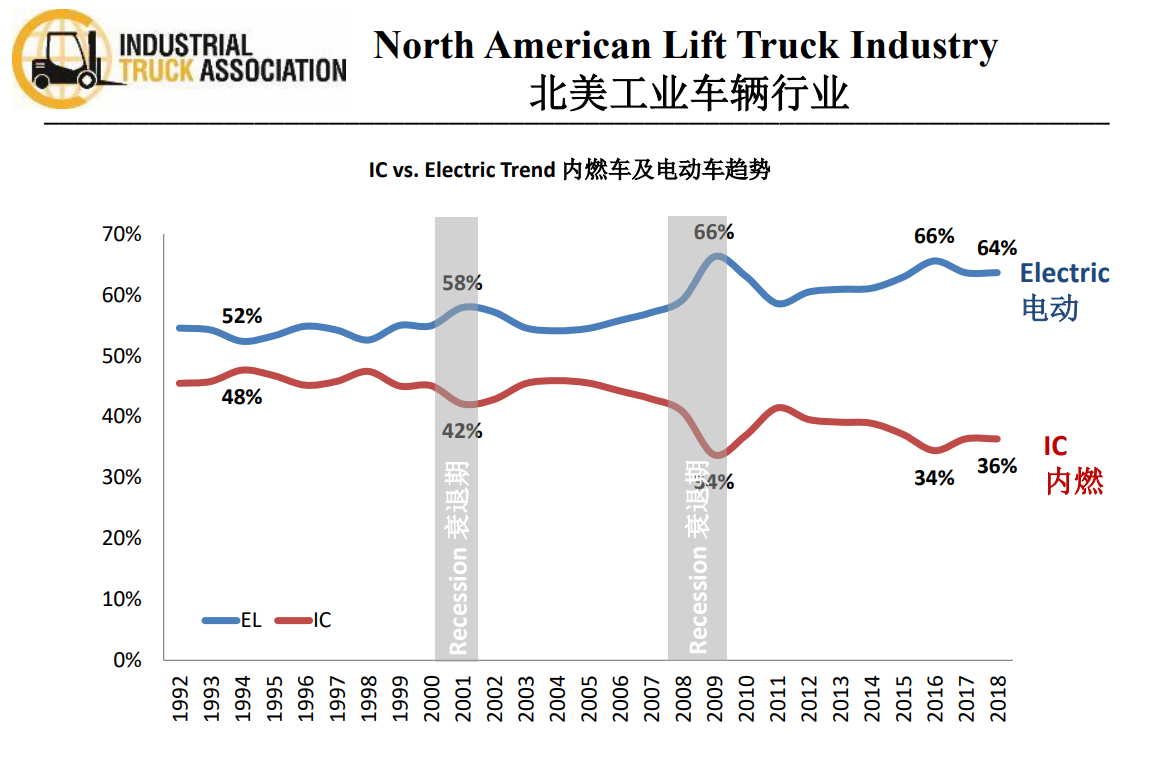
Consistent Power
Past battery technologies like lead-acid required much maintenance, 8h cool off period after charging and quickly lost their level of power. In order to achieve 24h operation, the industry chose between a battery room or propane room and swaps would happen. With lithium-ion, the power you start the shift with will not waver or decrease as time goes on. Forklifts will recharge 0-85% during your one-hour break and the battery will never leave the forklift.
Companies like UgoWork use NMC cells by LG Chem, the most energy dense chemistry and most reputable company on the market to ensure you never run out of power.
Simplicity
With a lithium solution and electricity as the fuel, clients experience the ultimate peace of mind and achieve the upmost level of productivity in the distribution centers. According to most energy specialists, propane prices will go up in the next few years and there’s no telling how high they could get. Being conservative and converting to lithium forklift is the only way forward and ensuring you never run out of fuel.
Contact us to discuss the opportunities of converting from propane to electric forklifts.
About the author
Charles Girard is a highly motivated project director with over 15 years of experience supporting businesses. He graduated with an International Business degree from McGill, and earned his MBA from ESCP Europe. Charles started his career at Deloitte and drove continuous improvement in performance and profitability. Over the course of his career, he developed a sharp expertise in energy and clean technology.



